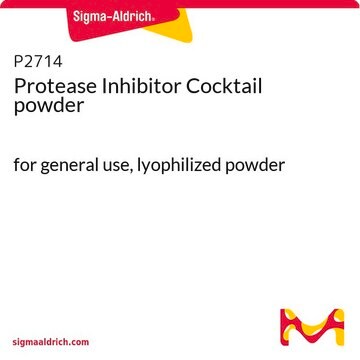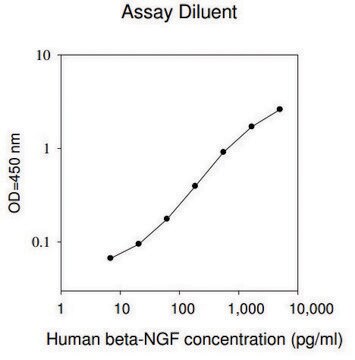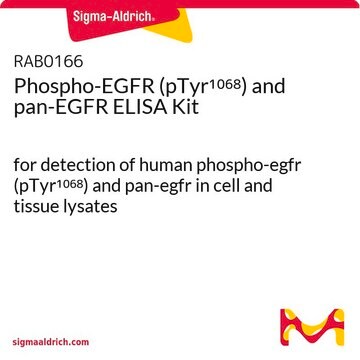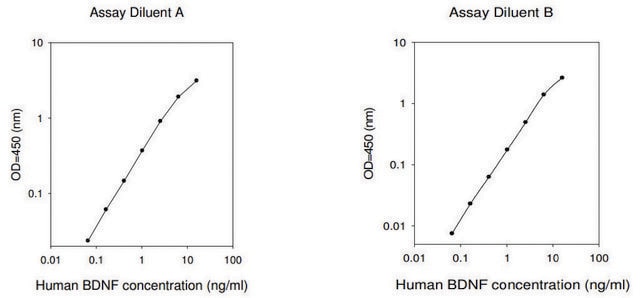RAB0161
Phospho-EGFR (pSer1070) ELISA Kit
for detection of human, mouse or rat phospho-egfr (pSer1070) in cell and tissue lysates
About This Item
Recommended Products
species reactivity
mouse, human, rat
technique(s)
ELISA: suitable
capture ELISA: suitable
input
sample type tissue lysate
sample type cell lysate
shipped in
wet ice
storage temp.
−20°C
Gene Information
human ... EGFR(1965)
General description
The EGFR (epidermal growth factor receptor) family includes four receptor tyrosine kinases, EGF R (ErbB1), ErbB2 (neu), ErbB3, and ErbB4. EGF R is present on many cell types of epithelial and mesenchymal lineages. The gene EGFR is mapped to human chromosome 7p11.2.
Immunogen
Application
Please refer to the attached General ELISA KIT Procedure (sandwich, competitive & Indirect ELISA)
Biochem/physiol Actions
Signal Word
Warning
Hazard Statements
Hazard Classifications
Met. Corr. 1 - STOT SE 3
Target Organs
Respiratory system
Storage Class Code
8A - Combustible corrosive hazardous materials
Regulatory Listings
Regulatory Listings are mainly provided for chemical products. Only limited information can be provided here for non-chemical products. No entry means none of the components are listed. It is the user’s obligation to ensure the safe and legal use of the product.
PDSCL
Please refer to KIT Component information
PRTR
Please refer to KIT Component information
FSL
Please refer to KIT Component information
ISHL Indicated Name
Please refer to KIT Component information
ISHL Notified Names
Please refer to KIT Component information
Cartagena Act
Please refer to KIT Component information
JAN Code
キットコンポーネントの情報を参照してください
Choose from one of the most recent versions:
Certificates of Analysis (COA)
Sorry, we don't have COAs for this product available online at this time.
If you need assistance, please contact Customer Support.
Already Own This Product?
Find documentation for the products that you have recently purchased in the Document Library.
Our team of scientists has experience in all areas of research including Life Science, Material Science, Chemical Synthesis, Chromatography, Analytical and many others.
Contact Technical Service










